An ethereal ambient record that incorporates live instrumentation as well, more notably in the form of orchestral accompaniments with guitar workouts splattered throughout—and some occasional vocals too.
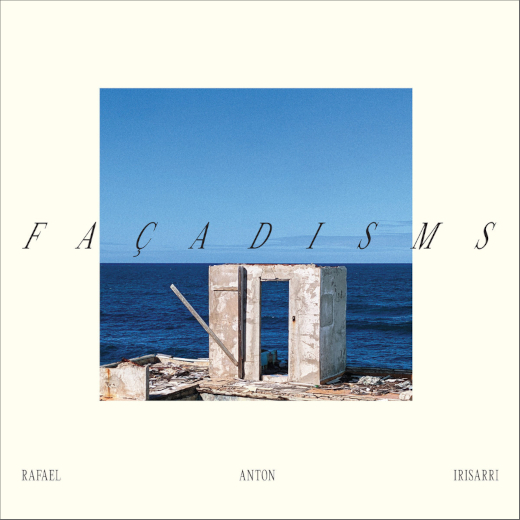
An ethereal ambient record
Of the few projects Irisarri takes part in, none quite reach the following of his own name, and as such, FAÇADISMS had quite some anticipation behind it. The result is an ethereal ambient record that incorporates live instrumentation as well, more notably in the form of orchestral accompaniments with guitar workouts splattered throughout—and some occasional vocals too.
I am usually pretty critical of ambient records like this, because it’s a style that’s been dragged down into the ground for quite some time now, to a point where I struggle to remember a lot of artists that have such approach. When I first tapped in FAÇADISMS, I have to say I was pleasantly surprised, because the first few tracks were really impressive; track number three, “Control Your Soul’s Desire for Freedom,” kind of blew me away, honestly.
All the use of noise was also a welcomed addition, because records like this usually tend to try to be as clean and as light as they can be, to really seal that feeling of ambience. What are you gonna do about it: it fits, I can’t lie, clean and soft production serve ambient pads and strings well, who would have thought. On FAÇADISMS, the noise is quite prevalent, and I don’t mean that in a sense that there’s some annoying fuss in the background or that the record isn’t clean enough, I mean that from an instrumental standpoint. There is a lot of noise incorporated into these pieces, and it’s not used to contrast heavily with the album’s soft sounds, it’s used to actually pair with those gentle tones and grow together with the tracks, not to disassemble them, so it ends up being a really sweet touch.
Keep the tension ::
If I managed to keep the tension well enough until this point, the reader was still probably expecting a big but to eventually come; if they did not, then I suppose I’m even more mediocre at writing than I initially thought; but none of that matters, here you have your—hopefully awaited—however. Well, however, I unfortunately have to say that after those first wonderful tracks, I tune out rather quickly. I don’t know what it is, but the huge and satisfying soundscapes of those first three pieces just disappear. Instead, most of the rest of the album, and I say most because the last track is also rather enjoyable, insists upon really, really static compositions, prioritizing noise over small details that were previously plentiful. With that change of pace, the album becomes as ambient as it can, and its subdued eventfulness does make me feel a little numb. But perhaps this was the intention going in:
Amid the chaos of 2020, while exploring the stark world of brutalist architecture and inspired by the false fronts of Potemkin villages, a vision started to take shape: FAÇADISMS. Composed over three years, it’s a late capitalist lament of simmering electric despondency. ~Liner notes
The predominance of noise isn’t really an issue, because if it was amazingly textured then I’d adore even the middle portion of this record, but as I said previously, the noise on this LP is more of an added texture, which works wonderfully when it is, in fact, just an add-on, and tends to somewhat fade when it becomes a key component of these pieces. The tracks also become unchanging, while the first few had some really clear ideas and momentum behind them, the middle of the record just… plays out and emits sounds. Now I’m being a bit too harsh maybe, because there’s nothing here that really mushes my brains. Instead, it just gets a bit colorless, if you want to summarize it.

For that reason, since there aren’t any truly thorough critiques I’d have about these tracks, let’s focus on the standouts that anchor the album. For example, the opening “Broken Intensification” is really nice as an introductory piece of the album. It presents the record’s key noise timbre, in a really fluffy and light introduction. The noise becomes thicker as the piece progresses, often stuttering a bit as well, and underneath it you get these really soft and comforting chords that keep the piece going. It’s as gentle and as introductory as you’d want it to be, really.
The following “A Little Grace Is Abundance” makes great use of guitar instead. One of the things I like most in ambient music is when something pops up out of nowhere, just any new sound that you haven’t heard previously in the piece coming in. That’s what happens with the guitar in this piece; while the beginning consists of a drone with some glitchy noise, the quiet passage that follows lets a guitar shine. It’s not even a contrast that makes this guitar so great, because there’s a clear separation between these two segments, it’s just the fact that it comes in so boldly despite having nothing to do that came before it that makes it such a great change of pace. The ambient underneath is also still really enjoyable, as it varies ever so slightly in order to amplify the interesting aspects about this piece. I also really enjoy how subtly the strings are introduced, you may not even pay attention to them, but I think it’s a nice touch how the second half of this track hints at a sound that will become dominant later on in the record.
One of the best drone pieces I’ve heard this year ::
The third track worth a shoutout is right after, “Control Your Soul’s Desire for Freedom.” This really is one of the best drone pieces I’ve heard this year, as it grows to tremendous volume. The drone at the beginning is already pretty damn impressive, but I especially like how the guitar finds more room in here, as if it continued from track #2. And the noise, the noise is the real king of this track, because it is humongous; the components I just listed get really gritty, as if they were being recorded with a poor mic, but that’s just due to how much louder they’re becoming—or, vice versa, they may appear to be louder because you associate a distorted sound with higher volumes, but in reality they are actually getting significantly louder, it’s not just an illusion.
This noise becomes so prevalent that “Control Your Soul’s Desire for Freedom” eventually boils down to a wall of sound, not that it loses tonality, but it becomes quite hard to distinguish all the various parts that sounded so clean at the beginning. It’s climactic, for sure—also accurately noted as—”majestic dissipation“—and a damn good climax it is. The closing “Red Moon Tide,” with KMRU, does bring out some really beautiful textures though, even more ethereal than everything else that precedes it. And to quote the liner notes, again:
The album’s eight tracks heave and storm like a tempest being drained of its rage. This is the sound of majestic dissipation, of morning afters, fashioned from a mournful haze with cavernous guitars and granular twilight. A euphony of a receding tide as one sifts through the remnants of what remains: dust, delusion, and memory. ~Liner notes
So, overall, FAÇADISMS feels slightly uneven. There’s lots to love, and lots that has been washed out from memory—but perhaps this was the goal; so we can revisit, re-engage, and process FAÇADISMS again and again, with every listen. I suppose that fans of experimental ambient/noise will find a lot to absorb, and if you do like this style, the album is most certainly your cup of tea, because its sound-scrapes are certainly impressive. I just wish the album was a bit more balanced at times, yet I still find it seriously satisfying nonetheless.
FAÇADISMS is available on Black Knoll Editions. [Bandcamp]






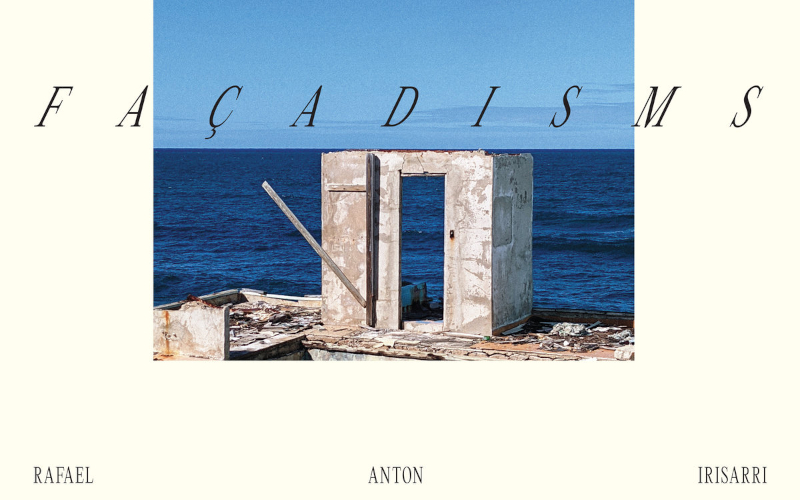




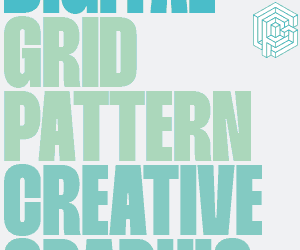



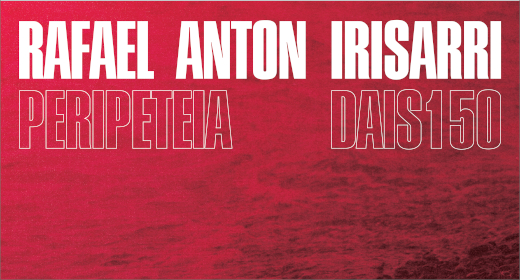
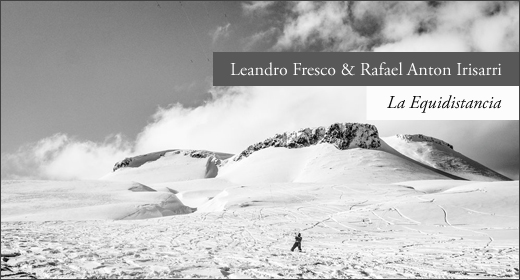
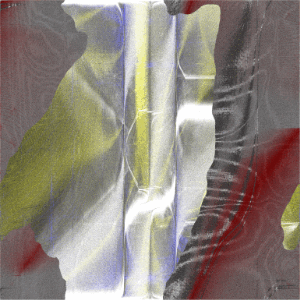







![Luke’s Anger :: Ceiling Walker EP (Love Love) — [concise]](https://igloomag.com/wp/wp-content/uploads/2025/04/lukes-anger-ceiling-walker-vinyl_feat-75x75.jpg)

